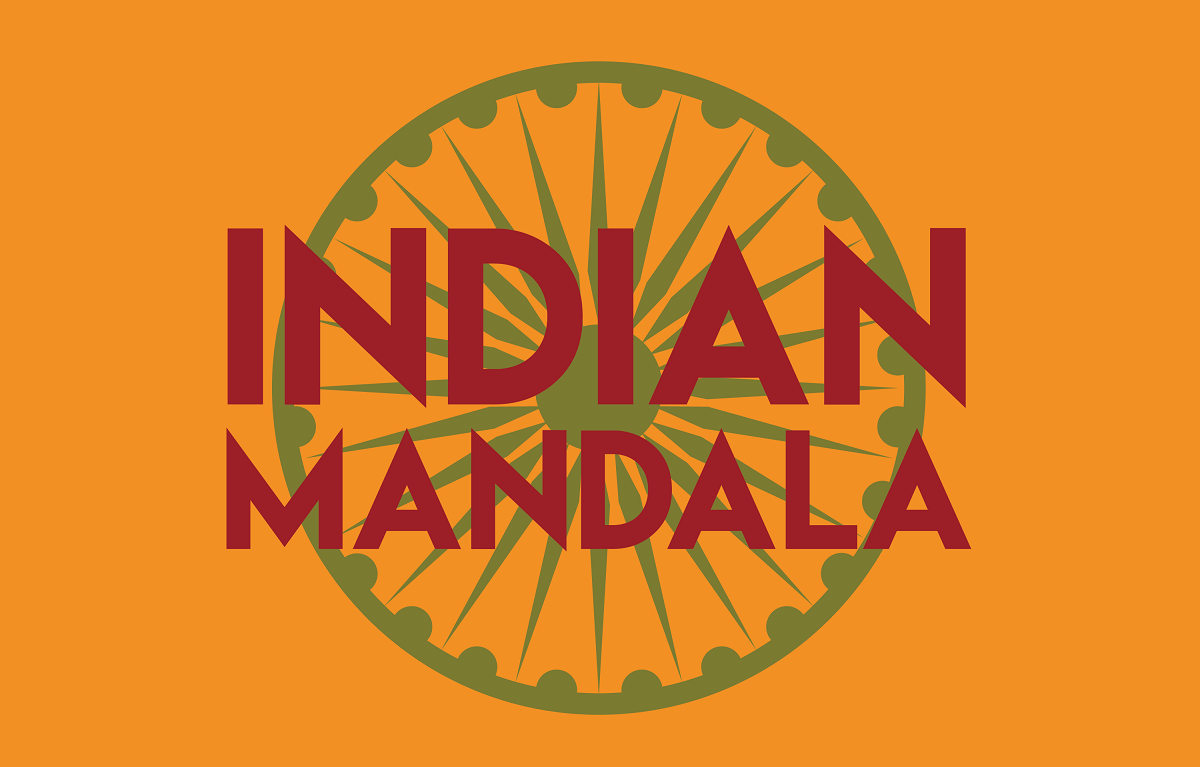Indian election: Christian leaders urge voters to show ‘responsibility’, use ‘opportunity’
In a statement, the National United Christian Forum calls on Christians to vote in the upcoming general election (19 April-1 June). Expressing a preference is not only "a symbol" but also a "powerful tool for growth and good governance" to build a “society that is inclusive and which uplifts all the members.”
Delhi (AsiaNews) – The National United Christian Forum (NUCF) issued a statement a few days before the start of India’s electoral marathon that will see voters pick the members of the Lok Sabha, the lower house of parliament, and the next government.
Signed by CBCI Secretary General Archbishop Anil J T Couto, NCCI General Secretary Rev Asir Ebenezer, and EFI General Secretary Rev Asir Ebenezer, the press release says the country is at a “pivotal moment”.
The election will provide Indians with an "opportunity to elect representatives who will uphold the Constitutional principles of equality, justice, liberty, fraternity and prosperity for all citizens and the affirmation of plurality and secularism”.
This requires fighting class divisions because everyone must be equal and benefit from the same opportunities regardless of "caste, class, creed, ethnicity and gender".
For the NUCF, “every eligible voter” must “exercise their right and responsibility to participate in the electoral process. Our vote is not just a symbol; it is a powerful tool for growth and good governance.”
The NUCF includes the Catholic Bishops' Conference of India (CBCI), the National Council of Churches in India (NCCI) and the Evangelical Fellowship of India (EFI).
With only a few days left before voting begins on 19 April (until 1 June), the three Christian organisations reach out to voters, especially Christians, urging them to exercise their right to vote in this crucial and complex election because this is the way to make one's voice heard and try to make those changes necessary to further develop the country.
“As citizens of India, we urge everyone to reflect on the critical issues facing our communities and our nation during this important time,” reads the NUCF statement. “The voice of every voter holds immense value, and collectively, we have the power to shape the future direction of our society.”
Likewise, “We call upon all candidates to conduct respectful and ethical campaigns, focusing on substantive issues that impact the lives of all Indians. Let us engage in constructive dialogue and propose solutions that address the needs of our diverse populace.
“As citizens, let us approach this election with open minds and compassionate hearts. Let us listen to diverse perspectives, seek common ground, and work towards building a society that is inclusive and which uplifts all the members.”
Over six weeks, 19 April to 1 June, India will hold one of the longest and most eagerly awaited elections in its post-independence history.
Over this period some 950 million eligible voters – more than the combined electorates of the United States, European Union, and Russia – will go to the polls to decide who sits in the Lok Sabha and forms the next government. The vote will also decide the fate of Prime Minister Narendra Modi and his party, the Bharatiya Janata Party (BJP).
In 2019 almost 615 million voters cast their ballot, a 67 per cent turnout. This time the figures are expected to be far higher, as are the costs. Five years ago, the parties spent around US$ 8.5 billion; this year, it could be double, experts say.
At stake is the composition of the lower house of Parliament, the more powerful of the two chambers in India’s bicameral system, which includes the Rajya Sabha (Council of States).
The party or coalition that manages to obtain a majority in the Lok Sabha - in a First-past-the-post, multiparty system – will be able to appoint one of its elected members as the next prime minister who, in turn, will pick the new cabinet.
Voting will take place in seven phases, the Electoral Commission announced, on 19 April, 26 April, 7 May, 13 May, 20 May, 25 May, and 1 June.
In some of the more populous states like Bihar, West Bengal, and Uttar Pradesh, the vote will be spread over all seven dates; in others, such as Arunachal Pradesh and Sikkim, it will take place only on one day. The results will be announced on 4 June.
In 2019, the National Democratic Alliance (NDA), led by the BJP, won 352 seats, with the BJP taking 303.
The main challenger is the Indian National Congress (INC), led by Mallikarjun Kharge. This is the first time in the party's history that its leader is not a Gandhi.
The INC leads a new coalition, formed last year, called the Indian National Developmental Inclusive Alliance, or INDIA.
In addition to the INC, it includes the All-India Trinamool Congress (centred in West Bengal), AAP ("Common Man", which is in power Delhi), and the Dravida Munnetra Kazhagam (Tamil Nadu), as well as smaller parties, ranging from the Indian Union Muslim League to the Communist Party of India (Marxist-Leninist) Liberation.
Among the top issues that will determine the future of the world's most populous nation (after overtaking China) are infrastructure, digitalisation, pollution, renewable energy as well as unresolved internal social, ethnic, and confessional cleavages.
INDIAN MANDALA IS THE ASIANEWS NEWSLETTER DEDICATED TO INDIA. TO RECEIVE A WEEKLY UPDATE EVERY FRIDAY, CLICK HERE.
23/11/2024 15:30







.png)










